255 CD / Cut or Uncut? Bruckner, Symphony no. 7
Description
In 2024, Anton Bruckner would have turned 200 years old. Instead of promoting the 100th release for the Bruckner Year with flowery but ultimately helpless advertising slogans, we aim to stimulate reflection on production processes in classical music with a special release. What is the essence of a recording?
Anton Bruckner's 7th Symphony twice in full length, each on one CD. One is a live recording (Uncut), and the other is a produced, edited version (Cut), both under identical recording conditions. This means that your judgment will not be influenced by different circumstances during the recordings. Compare! unter identischen Aufnahmebedingungen. Das bedeutet, das Urteil wird nicht durch unterschiedliche Verhältnisse bei den Aufnahmen beeinträchtigt. Vergleichen Sie!
We are very happy that András Keller and Concerto Budapest, with whom we have enjoyed a fruitful collaboration for many years (this is already the 8th recording), agreed to make this project possible! What's more, this juxtaposition only came about through intensive dialogue after the recordings. More on this in the booklet.
András Keller follows an unbroken European tradition that stretches far into the past century, perhaps even back to Anton Bruckner. The way the strings play, the sensual melodic lines in all the instruments, the vocal quality even in furios passages are touchingly old-fashioned and yet timelessly modern. And the monumental arcs and crescendos in Anton Bruckner's music are tailor-made for each listener's question to themselves: What do I want from a recording? What moves me more, live or produced, cut or uncut?
Compare the first few minutes of the first movement on YouTube!
2 reviews for 255 CD / Cut or Uncut? Bruckner, Symphony no. 7
You must be logged in to post a review.

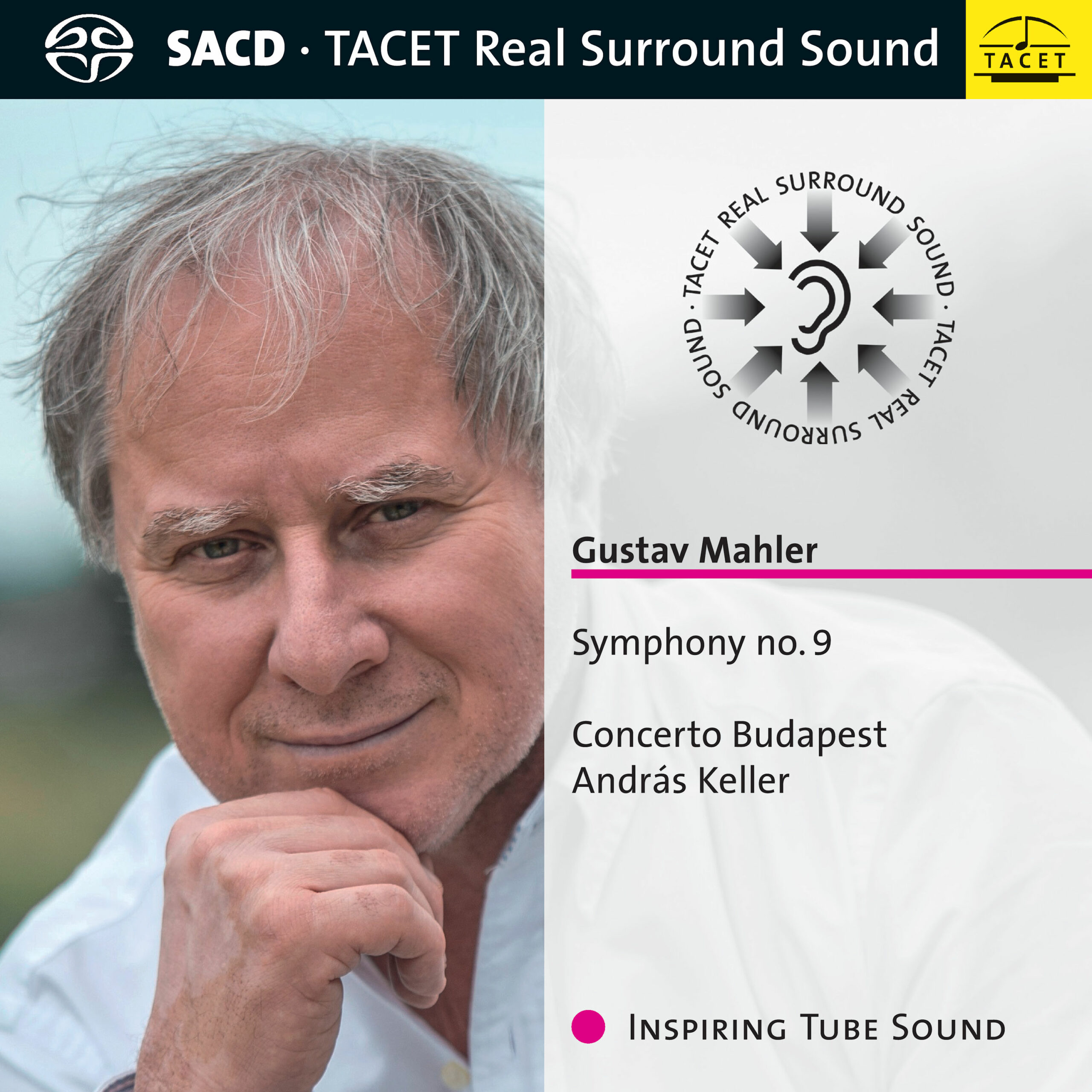
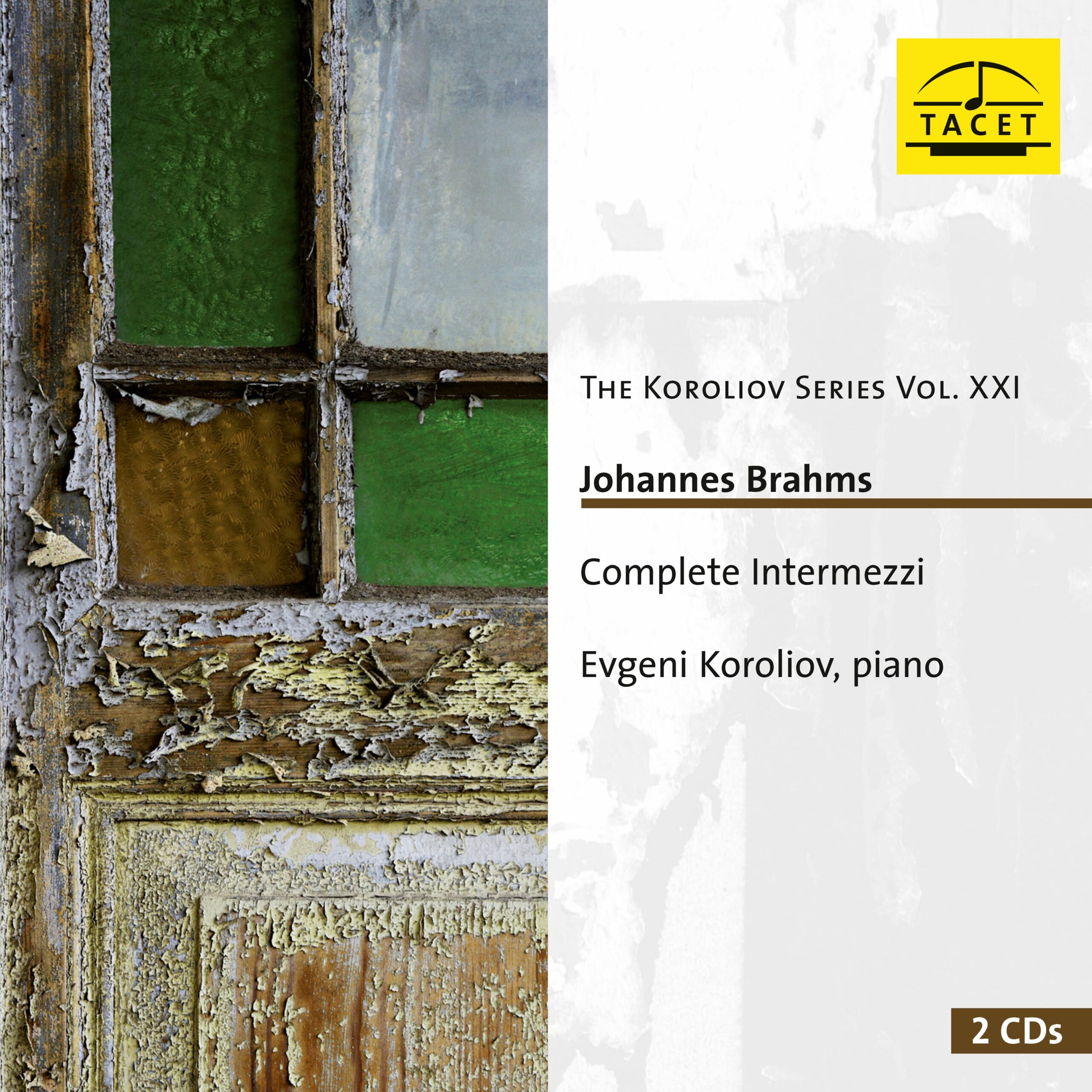
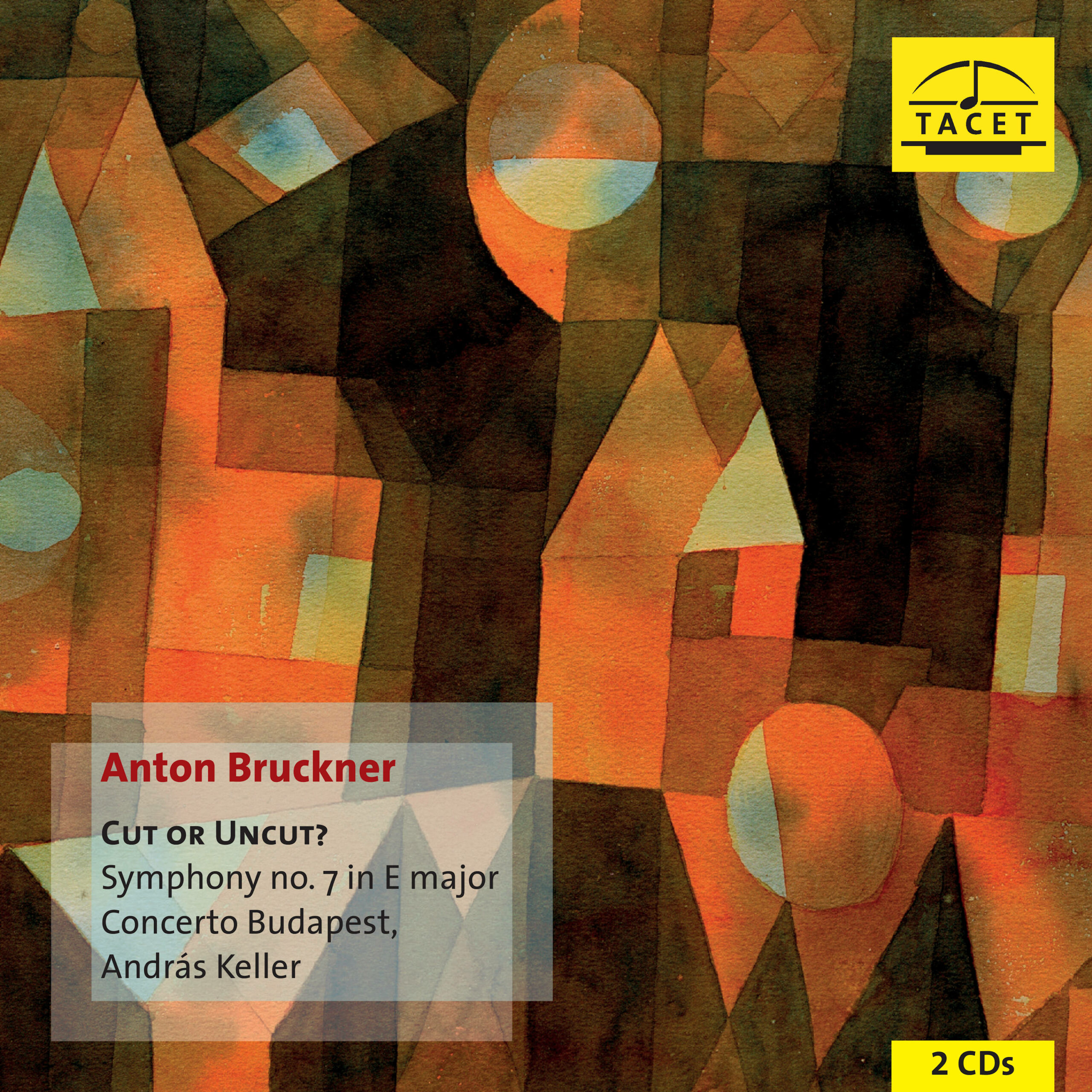
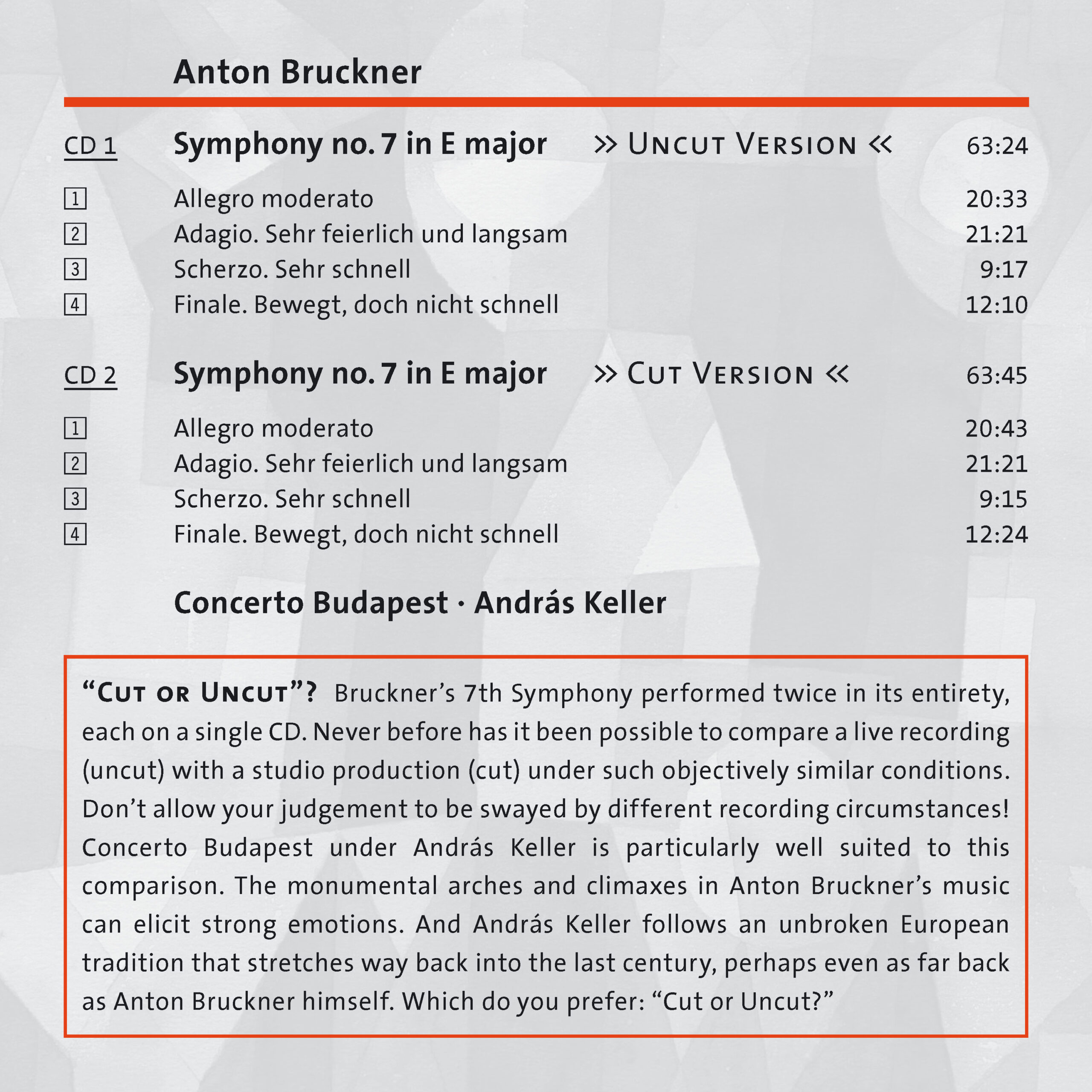

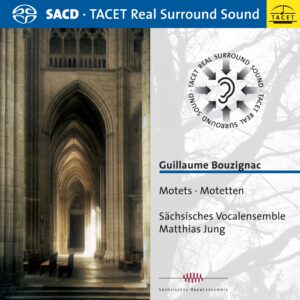
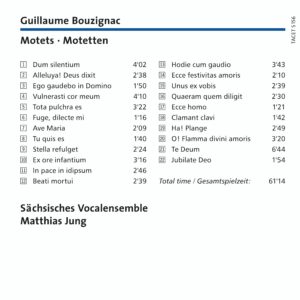
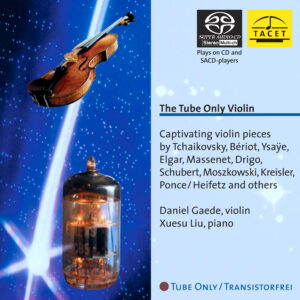
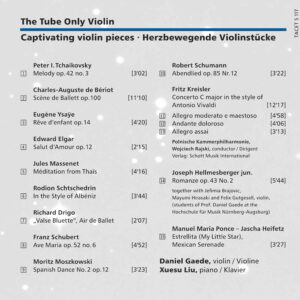
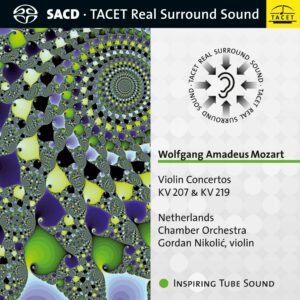
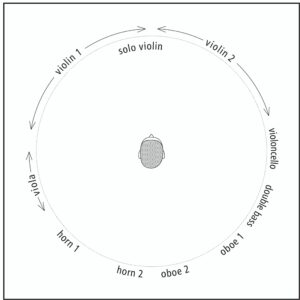
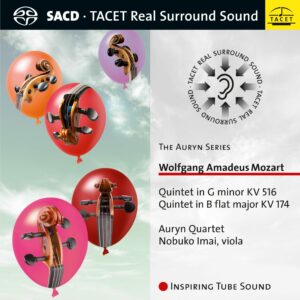
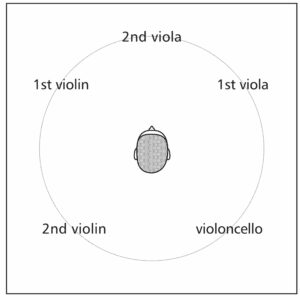
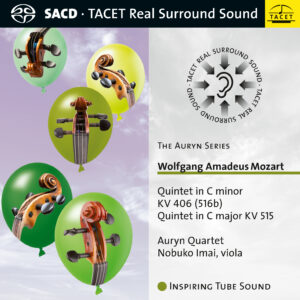
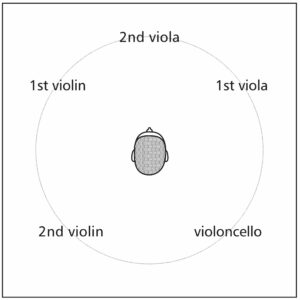
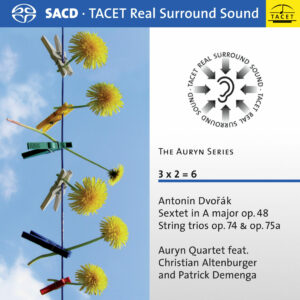
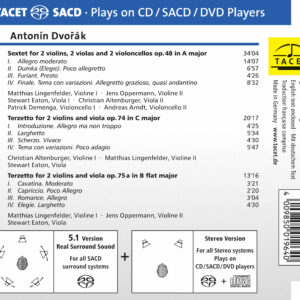
Klassik heute –
--> original review
When I had the great honor and opportunity to interview Sándor Végh at his home in Salzburg on August 3, 1995 (it was to be his final interview), he expressed great happiness that the playing of his legendary Végh Quartet had found a successor in the Keller Quartet: "Great music continues to be made and Bartók understood." Primarius András Keller was a musical protege of his great compatriot, and at that time, his quartet made wonderful recordings, among others, of Bartók and Schubert for Erato.
András Keller has long turned to conducting, beginning a Bruckner cycle for Tacet, in which he pleasantly takes his time with his excellent Concerto Budapest, and stands today as one of the finest Bruckner conductors, with performances that are clearly structured, finely felt, brilliantly unfolding the drama of the large form, and balancing it. His example exposes many rush-job producers for discerning listeners.
Once uncut, once edited
The recording of the Seventh Symphony stands out with a feature that was probably in the air in the recording year 2019—because in the same year, the author of these lines premiered and recorded Martin Scherber's Third Symphony in Barcelona with the Orquestra Camera Musicae, a work very akin to Bruckner in many respects. He subsequently decided to release it as a double album, featuring both the absolutely uncut live recording and the studio recording from the following day. He should not be alone in this "pioneering act." Now, the Concerto Budapest, under the motto 'Cut or Uncut?', presents a edited and an uncut version of the same symphony from January 2019 at the Budapest Italian Institute— with the difference that these are recordings from the same hall and entirely without an audience. Incidentally, listeners are openly invited by the producer to express their preferences, and of course, I do so at this point as well.
Upon initial listening, I prefer the uncut recording as it has a more natural flow. However, the edited, detail-optimized recording is very close in musical quality to the unedited one, and therefore, in the long run, the post-processed recording is probably preferable because the same minor glitches (which are very insignificant) do not disturb through repetition. But: everything is really very close together, and ultimately, it is up to each individual to decide what they prefer. The Adagio is exactly the same length to the second.
Excellent performance
The tempos are very naturally chosen, mostly leaning towards the contemplative rather than the impulsive. The contrapuntal transparency and melodically meaningful phrasing of the main and most important subsidiary voices are largely excellently realized; Keller also has a fine sense for the dramaturgy of harmonic development. It seems to me that in some crucial tutti passages, there are a few too few strings available to unfold an ideal power and grandeur, but this is compensated for very convincingly. If something particular should still be pointed out, it should be that it should also be possible to bring out the voice leading and harmonic progressions more clearly in pianissimo tremolo, thereby adding an occasionally essential additional dimension of counterpoint, and that pizzicato can also be shaped with a cantabile expression. The abrupt tempo and character changes in the finale are largely very plausibly brought out, the crescendo in the slow movement is well disposed towards the climax, the scherzo has the drive and bite it needs, and the introduction of the coda of the first movement is very tense, with its syncopated entries after the downbeat—to name a few essential, mostly critical points. Overall, an exceptionally remarkable release, with an excellently cast and rehearsed orchestra (the strings very clean in the delicate passages!) and a musically highly educated conductor with a clear head, superbly captured in sound and entertainingly explained in the booklet text by sound engineer and producer Andreas Spreer. An exemplary, original, valuable production.
Christoph Schlüren
Pizzicato –
-> original review
This recording of Bruckner's Seventh Symphony with Concerto Budapest under the direction of Andras Keller is available in two versions: an uncut one, originating from a single, uninterrupted performance (without an audience), without cuts or corrections, and a second one that was assembled from multiple recording sessions.
This recording of Bruckner's Seventh Symphony with Concerto Budapest under the direction of Andras Keller is available in two versions: an uncut one, originating from a single, uninterrupted performance (without an audience), without cuts or corrections, and a second one that was assembled from multiple recording sessions. In the booklet, it is precisely explained how both versions, especially the edited one, were created, and Tacet's CEO Andreas Spreer addresses the listener at the end of his explanations, asking which of the two versions they prefer. Based on comparative listening (movement by movement), I assert without hesitation: the edited one! It simply sounds cleaner, without losing any impact or authenticity. This version certainly does not sound contrived.
Overall, Keller conducts a atmospheric, highly cohesive recording without any eccentricities. Under Keller's direction, the Budapest musicians perform a pulsating, broadly illuminated Bruckner, with strong accents and a good balance between breath and pace, making the recording a good, in the best sense classical and traditional interpretation.
Remy Franck